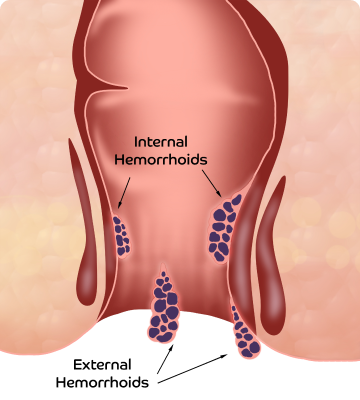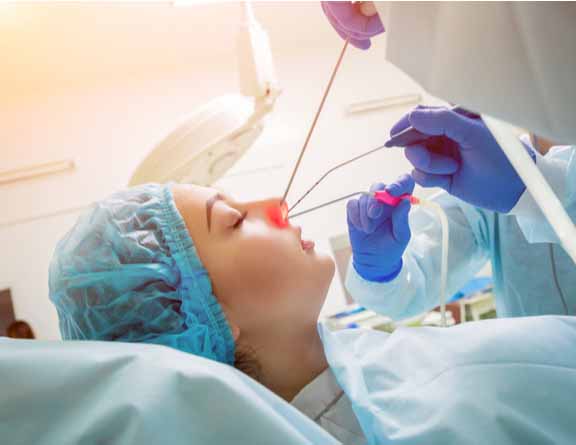What lifestyle changes can I make to prevent the recurrence of sinusitis?
10 tips you can follow to avoid the recurrence of sinus infections are:
- Avoid upper respiratory infections. Do not have physical contact with people who have colds or other infections.
- Wash your hands with soap and water frequently, especially before meals.
- If you have allergies then try to keep those under control and avoid contact with your allergens as much as possible.
- Avoid contact with tobacco smoke and other air pollutants, even second-hand smoke.
- If you feel that the air in your home is dry, then use a humidifier. Make sure that your humidifier is free of any dirt or mold by regularly cleaning it.
- Regularly wash/irrigate your sinuses using a neti pot or other similar devices.
- Avoid antibiotics as they may harm the natural bacterial flora that exists in the nasal cavity. If you are taking any antibiotics, then take oral probiotics to replenish this flora.
- If you want to swim, then swim in saltwater pools instead of chlorinated pools as they are less irritating to nasal sinuses.
- Try to maintain a healthy lifestyle to ensure you have a strong immune system that can fight all types of infections.
What happens if sinuses are not drained surgically for chronic sinusitis patients?
If left untreated, chronic sinusitis can cause serious complications.
- Due to the close proximity, sinus infections can easily spread to the eyes and lead to redness, swelling, and reduced vision, known as orbital cellulitis. In severe cases, it may even lead to blindness.
- If sinus infections spread to the brain, it can lead to a brain abscess or meningitis, which can be life-threatening.
- Chronic sinusitis can cause hyposmia, or reduced sense of smell, in addition to nasal obstruction and olfactory nerve inflammation. This can eventually turn to anosmia, i.e., complete loss of sense of smell.
- A paranasal mucocele can be formed which can lead to the obstruction of sinus drainage.
- Cavernous sinus thrombosis is the development of a blood clot in the cavernous sinuses and can be life-threatening.
How can I improve recovery after FESS procedure?
Proper postoperative care is an important part of the recovery process. To improve recovery after the surgery, you should follow the given instructions:
- Keep your head elevated using extra pillows to reduce postoperative bleeding and swelling, especially during the first 24 hours after the surgery.
- Make sure that your nasal splint/packing material is not dislodged. You may need to breathe through your mouth if your nose feels too blocked, but you cannot remove the splint/tissue packing.
- Though a little bleeding and drainage are common after the surgery, in case there is too much of either, contact your ENT surgeon immediately.
- Do not cough, sneeze or blow your nose for at least a week after the surgery. If sneezing is unavoidable, try to sneeze through your mouth.
- Do not perform any heavy lifting, strenuous exercise, or any other activity that can put a strain on your face as they can irritate the surgical site and increase bleeding.
- Only take medicines that have been prescribed by your doctor. Medicines like aspirin slow down clotting and can cause a hemorrhage.
- Visit your doctor for a follow-up consultation within a week of the surgery to make sure that you are healing appropriately.









.svg)









